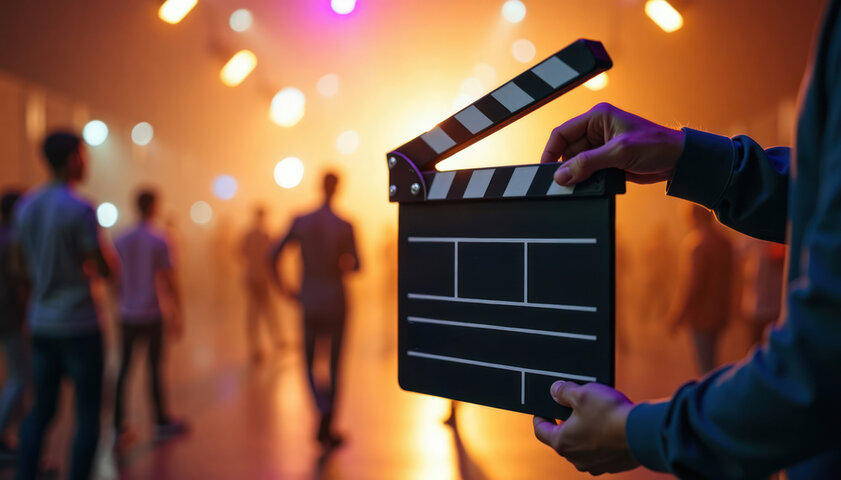How AI Rewrites the Rules of Entertainment

When news broke that Tilly Norwood, a fully AI-generated actor, had landed a lead role in a Hollywood film, it made headlines. Beyond novelty, it was a sign that the entertainment industry is entering a new phase, one where the tools of creation are no longer confined to studios, sets, or even human performers.
The real story, though, is about what this moment represents: a cultural and creative shift that’s redefining who gets to tell stories, how they’re made, and what audiences expect.
From gatekeepers to generators
For decades, the entertainment industry has been shaped by gatekeepers – producers, studios, networks – who decided what got made and who got seen. But AI is changing that. With generative tools now capable of writing scripts, animating scenes, editing footage, and even performing on screen, the barriers to entry are changing.
“The sense of being blocked by traditional gatekeepers feels more relevant than ever – and it highlights the creative potential AI might unlock” – Paul Ward, POP’s President & CEO UK, reflected for this blog. That’s the heart of this shift: AI isn’t just a tool for automation, it’s a catalyst for creative independence.
The rise of the hybrid creator
This isn’t about replacing humans with machines. The most exciting work is coming from creators who blend their own performances, voices, and ideas into AI-driven workflows. They’re not stepping aside for the tech but stepping into it.
“The most compelling work might come from a hybrid approach – where talented humans blend themselves, or their mates, into AI ecosystems.”
Creators can use AI to handle the technical heavy lifting – generating environments, swapping scenes, refining edits – while they focus on the emotional and narrative core.
Authenticity in an age of automation
In a world flooded with synthetic content, what stands out isn’t polish – it’s personality. The glitchy, the raw, the real. That’s where the human touch becomes a differentiator.
In a conversation for this blog, Paul noted:
“In a world saturated with either pandas falling off trees or near-perfect synthetic content, authenticity in this blended environment could be the spark that drives attention, connection, and engagement.”
That spark is what audiences crave – and what creators must protect.
A new kind of storytelling
This is a cultural shift. We’re moving from mass production to mass participation. From polished blockbusters to personal, AI-assisted experiments. From passive consumption to interactive, more intentional narratives.
As AI and human creativity converge to form a hybrid ecosystem, storytelling processes gain a new direction – potentialized by technology and the spark of authenticity and creativity. With new tools we might see new ways of entertaining, with reimagined narratives led by new production formats. In a world where AI continues to envolve, with no way back, the diverse, experimental, and emotionally resonant aspect of this hybrid model is what might lead the new era of entertainment.
Do you want to see how POP can help you navigate the AI revolution toward better and more efficient results?
Comments are closed.